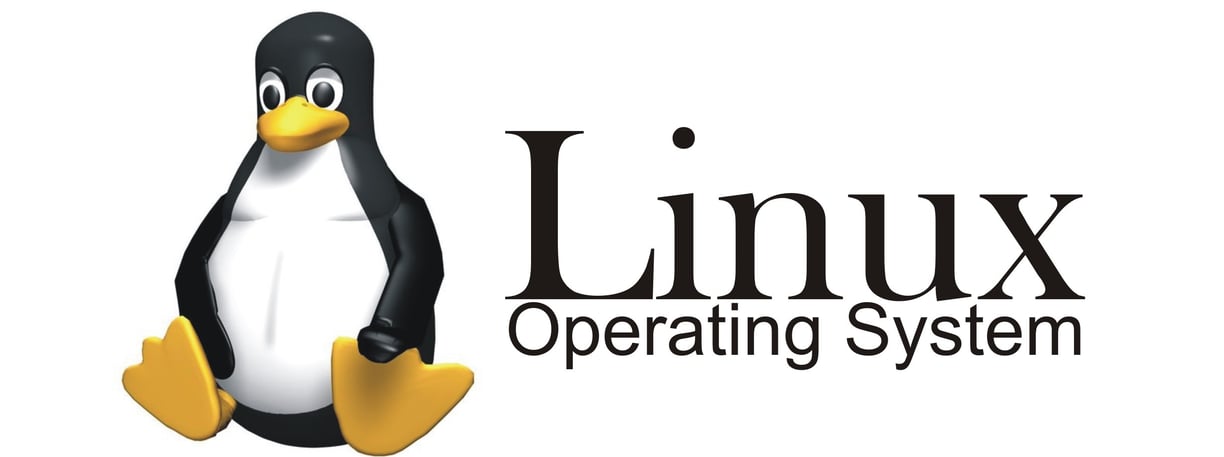Linux Interview questions and preparation - part 2 (Linux commands)
Linux Interview questions and preparation- part , is a first part of linux interview question/reading materials. Which will helps anyone who is interested in Linux from beginners to advanced.
LINUX
- Luminari
7/8/20242 min read


Before diving into more advanced topics, let's cover some essential basic admin commands:
Basic commands:
cd: Change Directory - Use cd to navigate through your file system.
"cd /path/to/directory"
mkdir: Make Directory - Create a new directory using mkdir.
"mkdir my_new_directory"
rm: Remove - Delete files or directories using rm.
"rm myfile.txt"
cp: Copy - Copy files or directories using cp.
"cp myfile.txt my_copy.txt"
mv: Move - Rename or move files or directories using mv.
"mv myfile.txt my_new_name.txt"
File System Management Commands
ls: List Files and Directories - Display the contents of a directory.
"ls /path/to/directory"
cat: Concatenate and Append Text Files - View or create files using cat.
"cat myfile.txt"
touch: Create Empty Files - Create new empty files using touch.
"touch my_new_file.txt"
find: Search for Files and Directories - Search for files and directories based on specific criteria.
"find /path/to/directory -name myfile.txt"
du: Display Disk Usage - Show the size of a file or directory.
"du -h my_directory"
User Management Commands
useradd: Add Users - Create new users using useradd.
"useradd my_new_user"
usermod: Modify Users - Change user properties using usermod.
"usermod -aG wheel my_existing_user"
userdel: Delete Users - Remove existing users using userdel.
"userdel my_existing_user"
System Management Commands
uptime: Show System Uptime - Display how long the system has been running.
"uptime"
top: Display Running Processes - Show a list of currently running processes.
"top"
kill: Kill Processes - Terminate a process using kill.
"kill 1234"
reboot: Reboot the System - Restart the system immediately.
"reboot"
Network Management Commands
ping: Send ICMP Echo Request Packets - Test network connectivity using ping.
"ping google.com"
ssh: Secure Shell - Connect to another Linux system or server using ssh.
"ssh my_remote_server"
scp: Secure Copy - Copy files securely between systems using scp.
"scp myfile.txt my_remote_server:~/my_directory/"
Advanced Admin Commands
cron: Schedule Tasks - Run commands at specific times or intervals.
"crontab -e"
sudo: Superuser Do - Execute a command with superuser privileges using sudo.
"sudo apt-get install my_package"
chown: Change Ownership of Files and Directories - Modify file ownership using chown.
"chown my_user:my_group my_file.txt"
chmod: Change Mode of Files and Directories - Modify file permissions using chmod.
"chmod 755 my_directory"
My interests
As a techie + proud Hindhu i love to know/write about technology, spiritual knowledge.
Hey!, I am not living library. But if there is topic if you want me to cover, I will do my research and write about it, if it is unfamiliar to me. Its fun to learn and grow together.
Contact ID
Contact
author@luminari.info
© 2024. All rights reserved.
Well usually everyone goes with explaining containers and pod, like workloads but we feel it's better to know architectures first with those questions in the head. we will explain about work loads but now lets jump in with architecture and components.
Well usually everyone goes with explaining containers and pod, like workloads but we feel it's better to know architectures first with those questions in the head. we will explain about work loads but now lets jump in with architecture and components.
